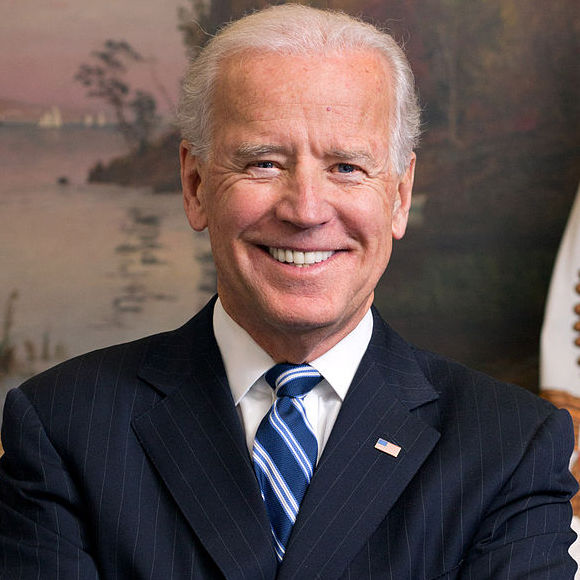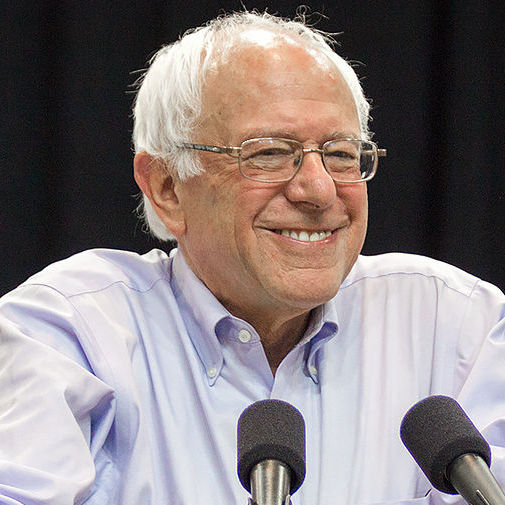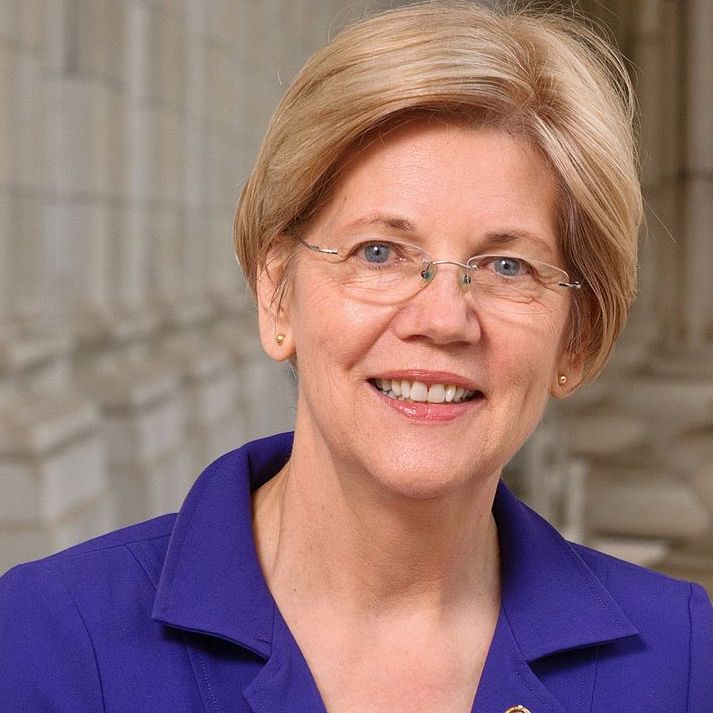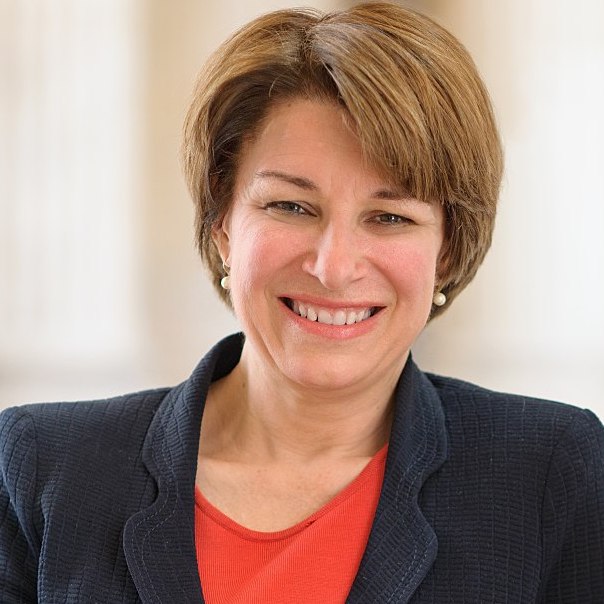In honor of Presidents’ Day…
With the Democratic presidential primaries in full swing, it is vital to know where each candidate stands on the issues that are most important to us. In honor of Presidents’ Day, we’ve put together a summary of the proposals that each of the top Democratic candidates have put forward in regards to small business and entrepreneurship.
(Note: The candidates below are those that have received delegates in state primary races, and are listed in order of delegates accrued so far. It will be updated if more candidates are awarded delegates. This summary is not a comprehensive list of all candidates’ policy proposals that may impact small business.)
Joe Biden
Proposal: Plan to Invest in Middle-Class Competitiveness

- Double Community Development Financial Institutions (CDFI) funding.
- Quadruple funding for the Manufacturing Extension Partnership to provide small manufacturers with the technical expertise needed to compete in a global economy.
- Extend the State Small Business Credit Initiative through 2025 and double its federal funding to $3 billion, driving close to $30 billion of private sector investments to small businesses all told, especially those owned by women and people of color.
- Establish a competitive grant program for new business startups outside of our biggest cities.
Proposal: Plan to Keep Our Sacred Obligation to Our Veterans
- Promote corporate mentorship programs between veteran-owned businesses and existing contractors to support veteran entrepreneurship.
Proposal: Plan to Fulfill Our Commitment to Military Families
- Invest $500 million in a 3-year Department of Defense military spouse entrepreneurship pilot program, which will provide micro-grants, mentorship, and technical assistance to military spouses who are interested in starting or growing small businesses.
Proposal: Plan for Rural America
- Expand the Obama-Biden Administration’s microloan program for new and beginning farmers, doubling the maximum loan amount to $100,000.
- Increase funding for the USDA’s farm ownership and operating loans that typically serve beginning farmers who grew up on a family farm but need low-cost capital to add to their family’s operation.
- expand funding for the Rural Microentrepreneur Assistance Program.
Bernie Sanders

Proposal: Revitalizing Rural America
- Reform agricultural subsidies so that more federal support goes to small- and mid-sized family farms.
- Pass comprehensive disaster coverage and allocate payments to independent family farming operations.
- Provide relief to help prevent independent family farm bankruptcies.
- Help beginning and socially disadvantaged farmers get fair access to land and resources.
- Make government-owned farmland available as incubator farms for beginning farmers.
- Start investing in small businesses in rural areas.
- Provide support for rural community banks, CDFIs, and credit unions.
Proposal: Fair Trade
- Expand “Buy American,” “Buy Local,” and other government policies.
Proposal: Corporate Accountability and Democracy
- Guarantee a Right of First Refusal to give workers the right to buy a company when it goes up for sale, is closing, or if a factory is moving overseas. Give financial assistance from the U.S. Employee Ownership Bank to make that possible.
- Create Worker Ownership Centers in every state and regional center in the country to educate retiring business owners and workers about the benefits of employee ownership.
Elizabeth Warren

Proposal: Leveling the Playing Field for Entrepreneurs of Color
- Create a Small Business Equity Fund to help close the startup capital gap for entrepreneurs of color.
- Provide $7 billion in funding for grants to entrepreneurs.
- Limit grants to entrepreneurs who are eligible for the Small Business Administration’s existing 8(a) program and who have less than $100,000 in household wealth.
Proposal: A New Farm Economy
- Prevent huge factory farms from accessing funds intended to benefit family farmers.
- Establish a billion-dollar “Farm to People” program in which all federally-supported public institutions will partner with local, independent farmers to provide fresh, local food.
Proposal: Addressing Discrimination and Ensuring Equity for Farmers of Color
- Address discrimination in the local administration of farm program resources.
- Establish programs to assist heirs’ property owners and make sure they retain access to their land, including allowing heirs’ property owners to access USDA, FEMA, and HUD programs.
- Expand support services for farmers of color, including legal and technical assistance to help farmers hold on to their land – and prioritize lending organizations operating in states that have enacted model legislation that protects heirs’ property ownership.
- Make bankruptcy equitable for Black farmers.
Proposal: Keeping Our Promises to Veterans
- Establish a new program to allow veterans to cash out their GI education benefits for a small business loan.
Pete Buttigieg

Proposal: Equal Employment and Business Opportunity
- Create the federal Walker-Lewis Entrepreneurship Fund to invest in entrepreneurs from underrepresented backgrounds.
- Introduce the Walker-Lewis Debt-for-Jobs Plan to help students start businesses.
- Launch the Walker-Lewis Promise to aim to award 25% of federal contracting dollars to small business owners from underserved communities.
- Convene a Walker-Lewis Task Force to identify additional ways to reach entrepreneurship goals.
Proposal: Unleashing the Potential of Rural America
- Support the Rural Jobs and Innovation Accelerator Challenge.
- Expand Boots to Business.
- Double funding for small-scale manufacturing partnerships.
Proposal: Building Power Women’s Agenda
- Expanding access to capital, particularly for underserved women of color
Update: Pete Buttigieg has suspended his campaign.
Amy Klobuchar

Proposal: Strengthening our Agricultural and Rural Communities
- Expand commodity support, disaster programs, and federal crop insurance for small and family-owned farms.
- Ensure safety net programs are targeted to help family-owned and small farms and beginning farmers and make sure farmers know about all the available support programs.
- Expand access to capital and loans for small and family-owned farms.
- Expand and strengthen USDA’s Business and Industry Loan Guarantee Program and the Rural Business Investment Program, and continue support for the Farm Credit System.
- Reauthorize the New Market Tax Credit and make sure it effectively serves rural America.
- Expand opportunities for rural small businesses, entrepreneurs and beginning farmers.
- Allow more family farmers to seek relief under Chapter 12 bankruptcy.
Proposal: Plan for the Future of Work and a Changing Economy
- Allow gig workers to organize and prevent employees from being misclassified as independent contractors.
- Update the tax code to work for gig workers.
- Expand Small Business Administration (SBA) lending programs and make it easier for small businesses to get the loans and technical assistance they need to grow.
- Help colleges and universities partner with entrepreneurs.
- Simplify small business rules.
- Promote incubators, mentoring, and training.
- Establish a Rural Export Center to help rural businesses export their products to new international markets.
- Support and expand the Manufacturing Extension Partnership program to help small manufacturers innovate, upgrade their technology, and improve production.
- Fully empower agencies to aggressively fight modern-day redlining that prevents businesses owned by people of color from getting loans and take on predatory lending.
Update: Amy Klobuchar has suspended her campaign.
President Donald Trump
On President Trump’s campaign website, there is no information on his plans or policy priorities for a second term. However, his FY2020-21 budget zeroed out PRIME and the CDFI Fund; both programs support small business.
